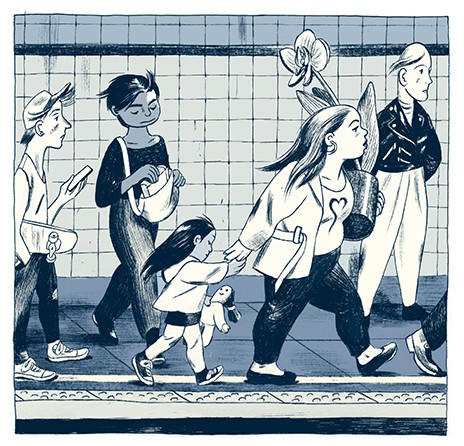
This women’s history month I thought it’d be best to go back to our roots a bit with an authors showcase. Someone serious and well recognized, but not too serious, this is MUSE after all. The second the thought crossed my mind, I just knew we had to talk about at least one of the Tamaki cousins, two rising asian-canadian voices that I’ve been obsessed with since peeking through a copy of This One Summer, a surprisingly honest meditation on youth that is so rare to find, so honest in fact that it earned the American Library Association’s top honor of the most challenged book in 2016 due to several schools removing it from their shelves. I fell in love with the strange somber hope bleeding through the realistic style, utilizing only the lightest of blues and grays in its portrayal of a lakehouse town. So I kept digging and found Supermutant Magic Academy (SMA), an Eisner award winning webcomic featuring: a popular catgirl student, an avant garde feminist performance artist, a nervous nerd archetype too scared to come out to her crush and all sorts of people you might know. As great as her cousin Mariko is, it was then I knew I simply had to cover Jillian.
Rather than epic battles, the series follows student screenplays blowing out the window, crying over a gray hair, texting “lol” with a straight face, spitting at a mirror and all kinds of light domestic fun jumps between panels, each carried by character archetypes you never really see in media, but definitely recognize from real life. Tucked between these well crafted, and even better executed jokes, is a weird dark touch, especially in these later comics, walking side by side with the more silly parts. Our main character Marsha laying her head against the desk, “Two more years of hanging out with people I’d never choose as friends. Learning stuff dictated by a bunch of bureaucrats,” she mumbles. Existential meltdowns while working on art, reflections of the goals of artists and remembering a dead person for his love of dancing all exist in the same spaces and characters as the small jokes . This dichotomy of cute domestic moments and rather serious reflections helps create a rich experience unfound anywhere else, especially in her episodes for the strange show we call “Adventure Time”.
Like many “Adventure Time” storyboarders, Tamaki was recruited from the internet, with her episodes: The Diary and Astral Plane, running the whole gamut of her style. Characters explore the world of the show to find a depressed teenager writing of her high school drama as if it’s all the end of the world, only to find that she ended up as a successful nurse. Or Marceline, floating above the clouds, as Finn watches, wondering if her trauma is essential for meaningful creation, to later ask the god of the show itself what life is for, and what he’s supposed to do in it. Weird, right? You’re given two episodes of a cartoon and do that?
Then there’s her illustrations, ranging from subway art to book covers and illustrations for the New York Times. Each focused on glorifying the spaces of cities and the ways people act within them, or, as in the book cover provided, nature’s mysteries. A lot of her other art reads like this as well, with so much focus on books bringing peace or people together. This one being a big favorite of mine, being such a big representative of the warmth in her style.
Tamaki’s work, as you’ve noticed, is all over the place. “Adventure Time” episodes, webcomics, illustrations for newspapers, I haven’t even mentioned the picture books yet. Looking at it all, it’s very chaotic. But that’s what’s so great about her. She refuses to be placed in a single box, still continuing to go forward with plenty of great comics, just as funny and though provoking as her early days, though obviously more refined thanks to time.
Her women led stories are always covered a particular way as well. With special attention in SMA to beauty standards or internalized misogyny in This One Summer. The women in her work are given an attention that you rarely see in comics, she didn’t simply insert a woman into a space a man could fill, but brings special attention to struggles men may not even understand, for they don’t even have to consider them. It’s a wonderful extension of her passion for presenting natural behaviors or environments as they actually are, and it’s something special.
She’s always trying something new, jumping from format to format, always with that familiar touch of honest love for its subjects, finding and revealing the drama in domesticity for all to see. Paired with her cousin Mariko’s blunt and snappy dialogue they make a dream team. Nominated for a literary award by Canada’s governor general, and pulled from school libraries throughout the states, the two present an honest look at adolescence you just won’t see anywhere else. No matter what subject Jillian finds, be it students at a magical school, or a writer stuck in a snowstorm, she always brings them fully to life and has so much fun doing it.
MUSE provides monthly curations of all types of arts, authors, and media. On top of author analyses, there’s also the occasional rant-filled review. We hope readers will always leave with a new piece of media to muse over. Click here to read more from MUSE.


















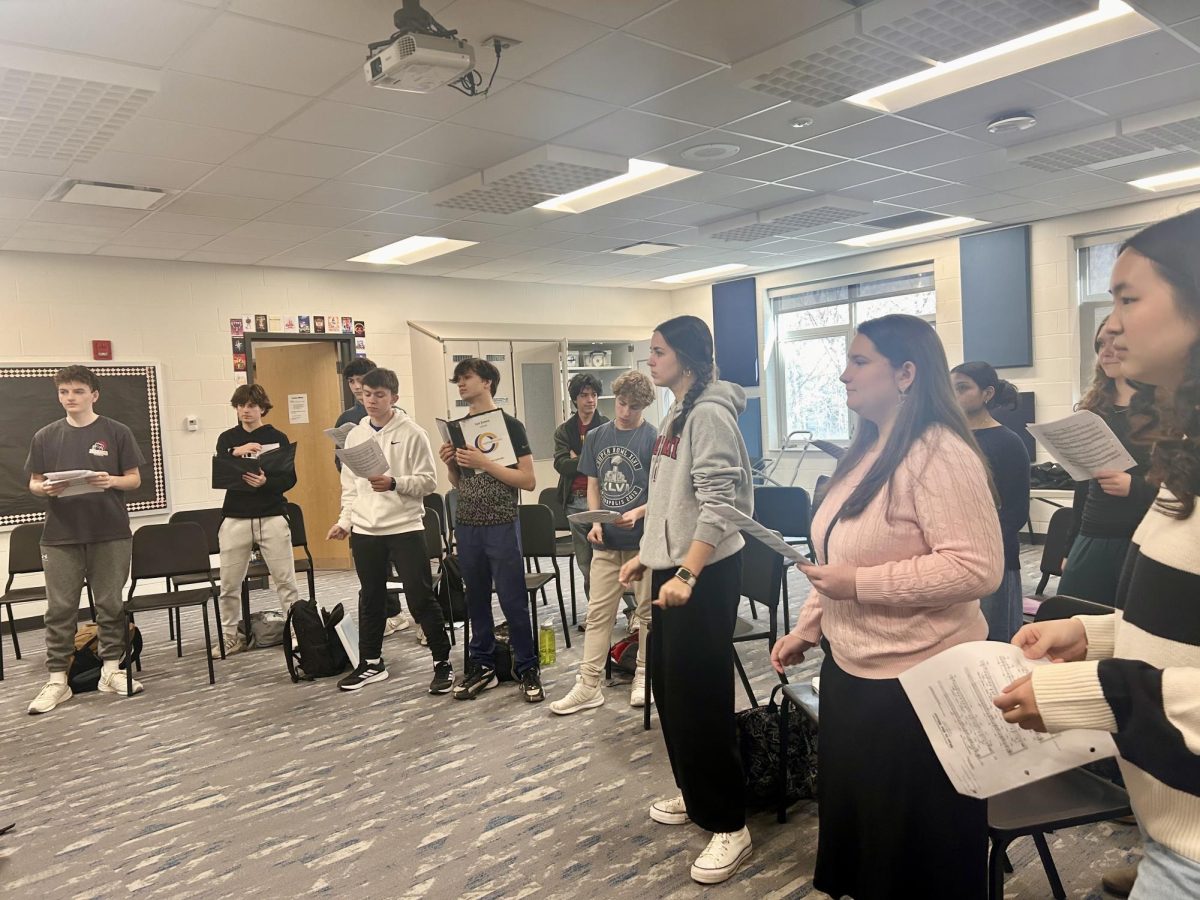

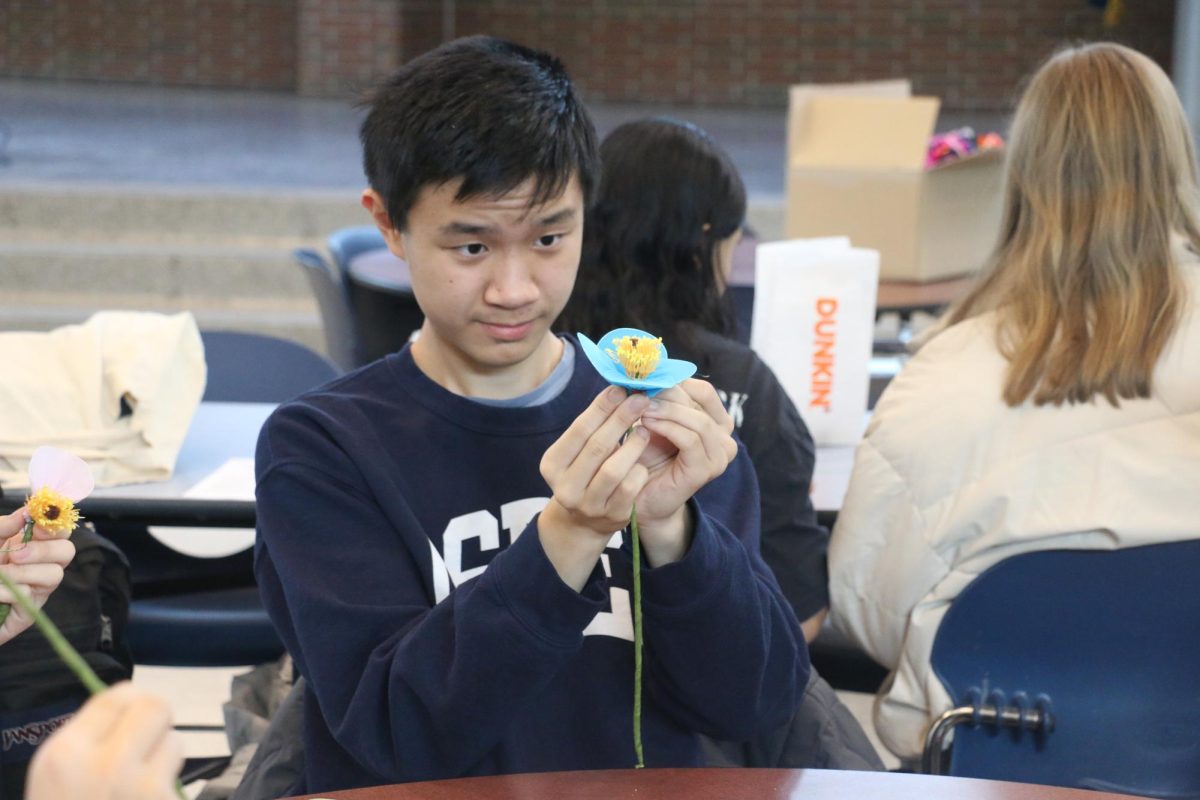




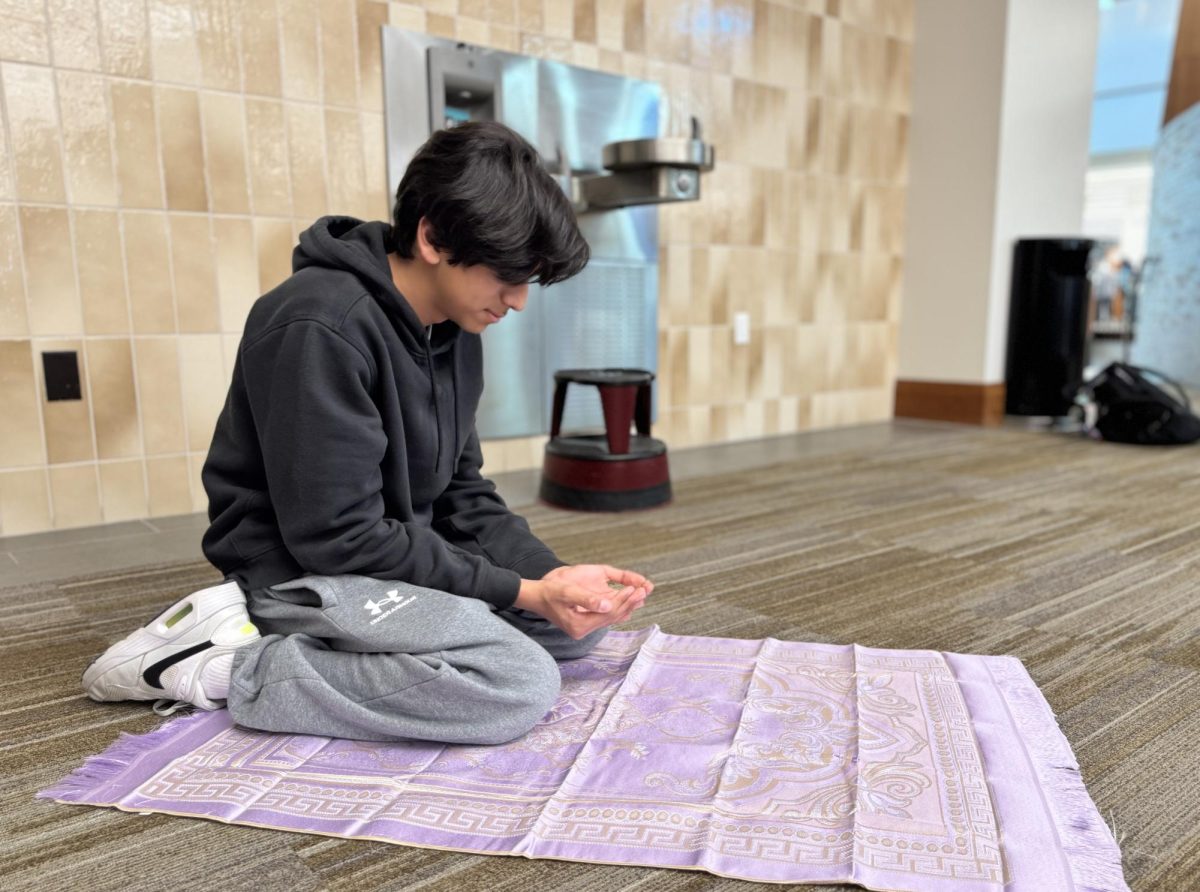





![AI in films like "The Brutalist" is convenient, but shouldn’t take priority [opinion]](https://hilite.org/wp-content/uploads/2025/02/catherine-cover-1200x471.jpg)


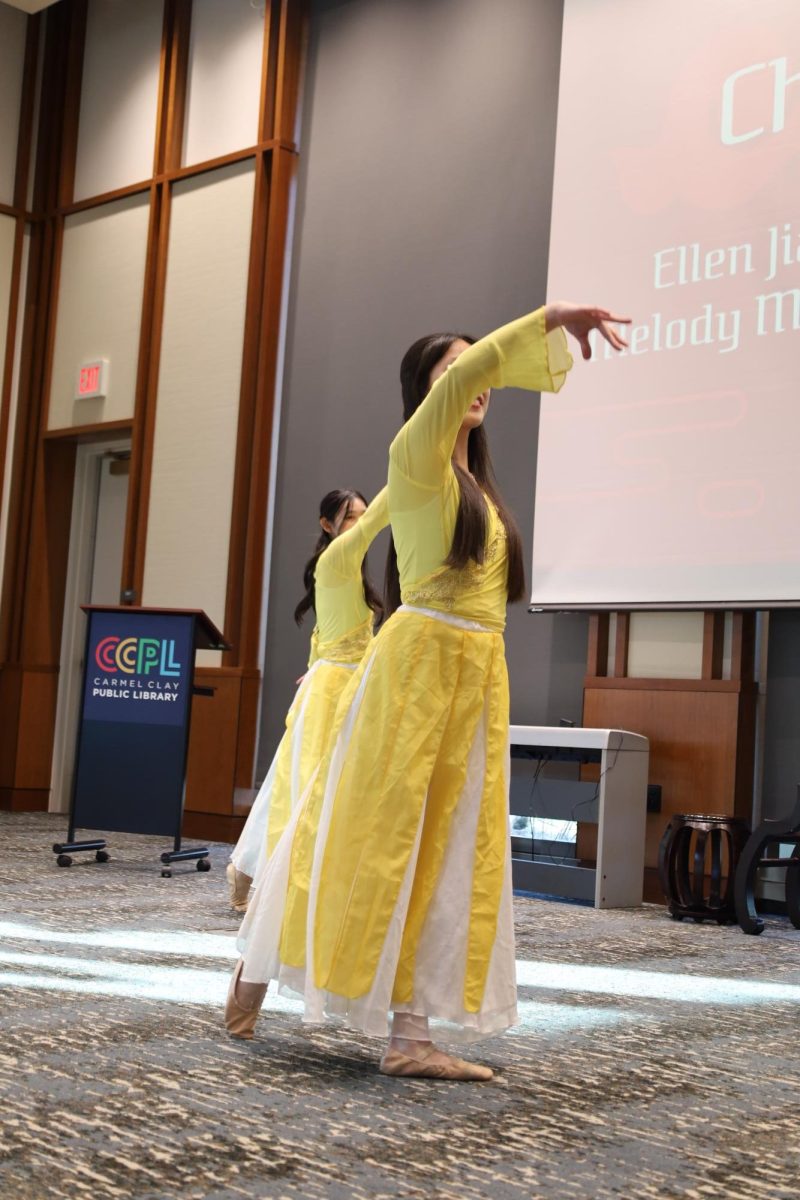










































![Review: “The Immortal Soul Salvage Yard:” A criminally underrated poetry collection [MUSE]](https://hilite.org/wp-content/uploads/2025/03/71cju6TvqmL._AC_UF10001000_QL80_.jpg)
![Review: "Dog Man" is Unapologetically Chaotic [MUSE]](https://hilite.org/wp-content/uploads/2025/03/dogman-1200x700.jpg)
![Review: "Ne Zha 2": The WeChat family reunion I didn’t know I needed [MUSE]](https://hilite.org/wp-content/uploads/2025/03/unnamed-4.png)
![Review in Print: Maripaz Villar brings a delightfully unique style to the world of WEBTOON [MUSE]](https://hilite.org/wp-content/uploads/2023/12/maripazcover-1200x960.jpg)
![Review: “The Sword of Kaigen” is a masterpiece [MUSE]](https://hilite.org/wp-content/uploads/2023/11/Screenshot-2023-11-26-201051.png)
![Review: Gateron Oil Kings, great linear switches, okay price [MUSE]](https://hilite.org/wp-content/uploads/2023/11/Screenshot-2023-11-26-200553.png)
![Review: “A Haunting in Venice” is a significant improvement from other Agatha Christie adaptations [MUSE]](https://hilite.org/wp-content/uploads/2023/11/e7ee2938a6d422669771bce6d8088521.jpg)
![Review: A Thanksgiving story from elementary school, still just as interesting [MUSE]](https://hilite.org/wp-content/uploads/2023/11/Screenshot-2023-11-26-195514-987x1200.png)
![Review: "When I Fly Towards You", cute, uplifting youth drama [MUSE]](https://hilite.org/wp-content/uploads/2023/09/When-I-Fly-Towards-You-Chinese-drama.png)
![Postcards from Muse: Hawaii Travel Diary [MUSE]](https://hilite.org/wp-content/uploads/2023/09/My-project-1-1200x1200.jpg)
![Review: "Ladybug & Cat Noir: The Movie," departure from original show [MUSE]](https://hilite.org/wp-content/uploads/2023/09/Ladybug__Cat_Noir_-_The_Movie_poster.jpg)
![Review in Print: "Hidden Love" is the cute, uplifting drama everyone needs [MUSE]](https://hilite.org/wp-content/uploads/2023/09/hiddenlovecover-e1693597208225-1030x1200.png)
![Review in Print: "Heartstopper" is the heartwarming queer romance we all need [MUSE]](https://hilite.org/wp-content/uploads/2023/08/museheartstoppercover-1200x654.png)

